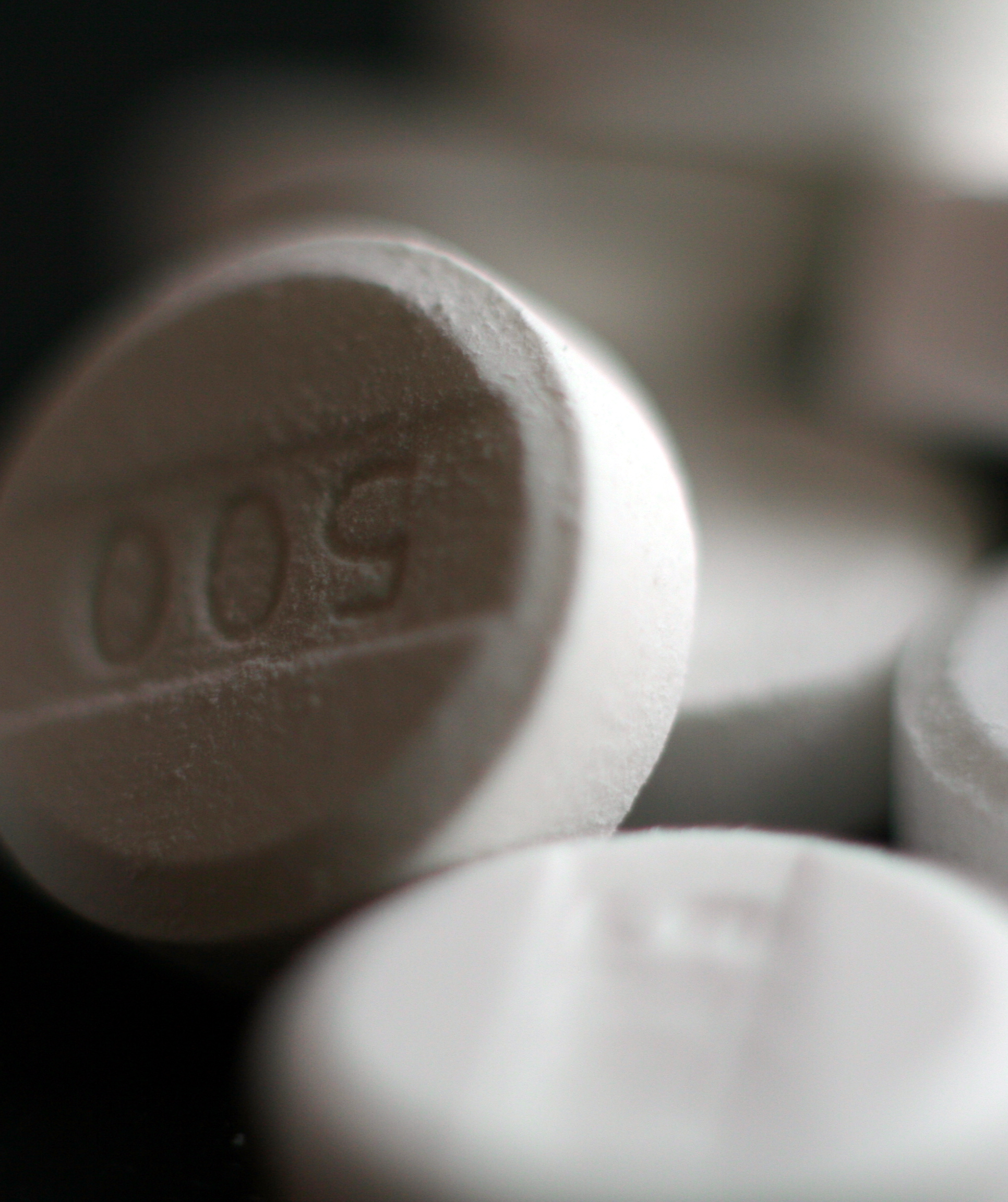
A fever is usually a sign that something is going on inside your body. It does not depend on the seriousness of the disease. It can be treated with many over-the-counter (OTC) medications, but sometimes it is best if left untreated. This way, you strengthen your body.
Normal body temperature varies during the day. In the morning it is lower, and in the afternoon and evening is higher. It ranges from around 97-99 F (36.1-37.2 C). Also, for an adult, a temperature up to 103 F (39.4 C) may simply be discomfort, but for a child, it may be a sign of a serious infection.
How does it work?
A part of your brain, called the hypothalamus, acts like a thermostat. A normal body temperature may vary a few degrees, as your body tries to decrease heat loss. When a fever starts, your body is generating heat until the blood inside your brain reaches a new starting point. When the fever is over, you release the excess heat through sweating. Bear in mind that certain factors, such as old age and alcoholism, may influence negatively your ability to produce a fever.
The causes of fever
The usual causes of fever are viral or bacterial infections. However, heavy exercising or menstrual cycle can cause fever as well. The other, more serious cause can be rheumatoid arthritis or even, in rare cases, a tumor. Certain medications, especially antibiotics and those for high blood pressure may cause fever. The same case is with some immunizations, especially in infants and children.
Sometimes the cause of a fever cannot be determined. Such a fever is usually higher than 101 F (38.3 C) and lasts for more than 3 weeks.
Treatment
The treatment will depend on the cause and the seriousness of the fever. The most common treatment includes plenty of resting and drinking plenty of fluids. Many over-the-counter (OTC) medications, such as ibuprofen or acetaminophen are used to lower a high fever. Adults may use Aspirin, but avoid giving it to children, because it may have serious consequences.
Things to do to make yourself more comfortable
It is important to drink plenty of fluids, because fever can cause dehydration. Activities may raise your temperature, so be sure to rest. Dress in light clothes and make sure the area you’re in is cool. Use aforementioned OTC medications, but follow the instructions given by your doctor and don’t use them if the fever is lower than 102 F (38.9 C). Soak in lukewarm water because it can be very cooling for you or your child and do not use alcohol. If you or your child start shivering, stop the bath.










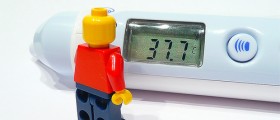

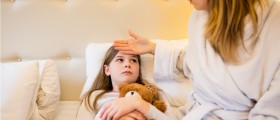

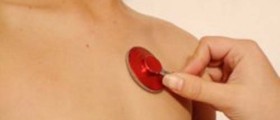

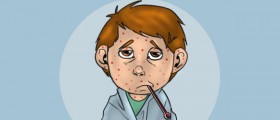
Your thoughts on this
Loading...